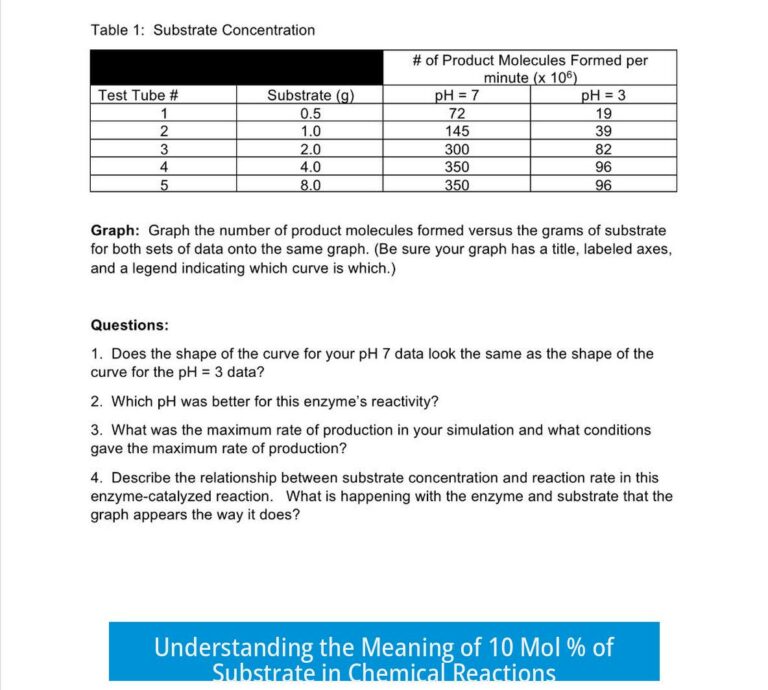Why Does the Average Person Consider Organic Chemistry to Be a Hard Subject?
Organic chemistry is widely regarded as a difficult subject because it demands conceptual understanding beyond memorization, requires new thinking patterns akin to a foreign language, involves complex spatial visualization, and covers a broad scope of diverse reactions and concepts. Its unique nature challenges traditional learning methods and prior academic strengths, making it particularly tough for many students.
1. Misconceptions About Learning Organic Chemistry
Many students approach organic chemistry as if it is a memorization-heavy subject similar to biology. Pre-med and biology majors, accustomed to rote learning, often try to memorize individual reactions or facts. This strategy falls short because organic chemistry emphasizes understanding underlying principles and applying them across varying problems.
- Biology versus Organic Chemistry: Biology allows memorization of facts with success. Organic chemistry requires grasping reaction mechanisms and patterns, not just isolated facts.
- Pattern Recognition: Students must learn the “language” of organic chemistry—recognizing functional groups, reaction types, and mechanistic pathways rather than memorizing lists.
2. Organic Chemistry as a Foreign Language or Artistic Endeavor
Organic chemistry resembles a new language with its own rules and syntax. Learning it involves decoding these rules and recognizing patterns, a skill unlike that demanded by many other science courses.
- Difference from Math-Based Thinking: Students with strong mathematical backgrounds, where answers are exact and unique, may struggle. Organic chemistry often has multiple valid solutions and requires flexible thinking.
- Artistic and Spatial Demands: Understanding organic molecules in three dimensions and visualizing their interactions pose a challenge. Creativity and spatial visualization play a critical role in mastering this subject.
3. Starting From Zero and a Lack of Intuitive Tools
Organic chemistry often requires students to begin without intuitive foundations. Unlike earlier chemistry or biology classes where students may rely on prior knowledge or techniques, organic chemistry demands building a new mental framework from scratch.
- Students who excel through memorization or mathematical logic find themselves at a disadvantage initially.
- The transition to organic chemistry involves learning new conceptual tools and adapting thinking styles.
4. Teaching Approaches and Institutional Factors
Some elements contributing to organic chemistry’s perceived difficulty relate to how it is taught.
- Poor Teaching Practices: The subject is broad and complex, yet some instructors rely heavily on memorization or use high difficulty to filter students, artificially increasing the challenge.
- Algorithmic versus Conceptual: Whereas high school chemistry favors formulaic, algorithmic approaches, organic chemistry requires artistic, non-linear thinking, which can confuse students unprepared for the shift.
5. The Extensive Scope of Organic Chemistry
Organic chemistry covers a vast field of concepts and reactions. This breadth overwhelms students accustomed to subjects with narrower or more straightforward content.
- Students must learn numerous reaction types and their conditions, mechanisms, and exceptions.
- The diversity adds to the cognitive load, making mastery more difficult.
Summary of Key Reasons
- Organic chemistry demands going beyond rote memorization to deep conceptual understanding and pattern recognition.
- The subject involves a “language” of structures, reactions, and mechanisms requiring flexible, creative thinking.
- Visualizing molecules in three dimensions and understanding their dynamic interactions is crucial.
- Students often start without intuitive tools, needing to develop novel problem-solving skills.
- Teaching styles emphasizing difficulty or memorization increase the challenge unnecessarily.
- The broad scope of reactions and mechanisms adds to the complexity.
Why do many students struggle with memorization in organic chemistry?
Organic chemistry demands understanding patterns and concepts rather than rote memorization. Students used to memorizing facts in biology often get stuck when problems change slightly.
How is organic chemistry different from math-focused subjects?
Unlike math, organic chemistry allows multiple correct answers and requires flexible thinking. It is less about formulas and more about recognizing patterns and applying rules in varied ways.
Why is spatial visualization important in organic chemistry?
Success in organic chemistry often depends on visualizing molecules in 3D. Students must connect different pieces of information creatively, which can be tough without strong spatial skills.
Does teaching style affect how hard organic chemistry feels?
Poor teaching methods can make organic chemistry seem harder than it is. Some instructors focus on memorization or add unnecessary difficulty, which frustrates many students.
Why is organic chemistry considered overwhelming by many students?
The subject covers a wide range of concepts and diverse reactions. This large scope can overwhelm students who are used to narrower fields or more straightforward study material.





Leave a Comment